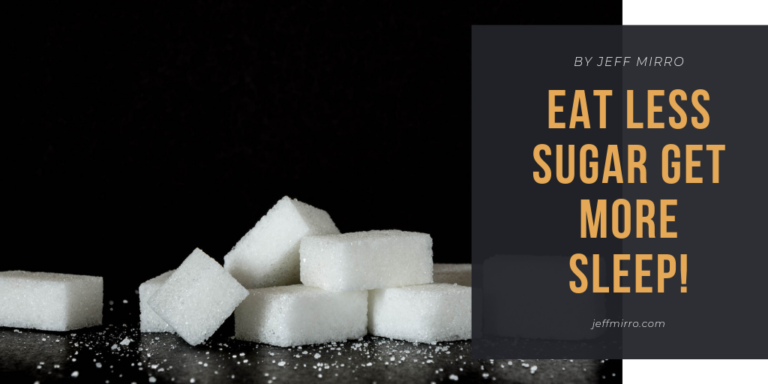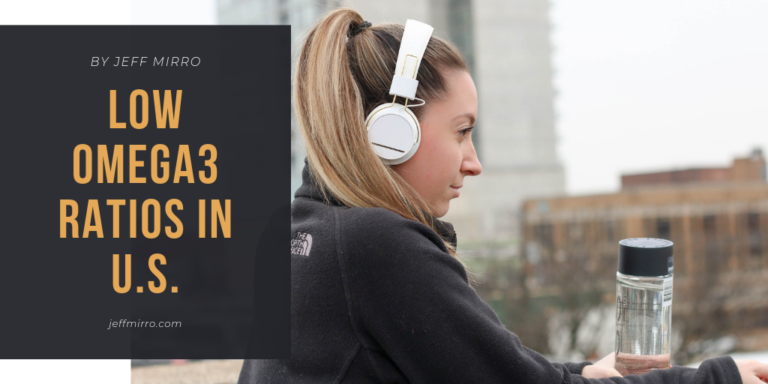It might sound shocking, but your eating schedule is far more important than what you’re actually eating when it comes to weight loss and health. In fact, an intermittent fasting routine might just be the most important thing you can do for your health. When you establish a daily fasting period, you shrink your eating window and give your body and digestive system the break it needs to rejuvenate and heal.
Eating a healthy diet is still important, and I don’t recommend unhealthy eating, such as high-carb, highly processed foods or sugar, grains, seed oils, and foods that are high in Omega-6 fatty acids. However, it’s important to note that through the miraculous benefits of autophagy through fasting, your body can wipe out many of the negatives that come from a poor diet. In theory, fasting can essentially nullify even terrible eating habits.
Junk Food Junkies and Fast Food Fasting
You’ve probably heard of “Super Size Me.” In this popular documentary, Morgan Spurlock ate nothing but McDonald’s for 30 days. During that period, he ate an average of 5,000 calories a day in the form of Big Macs and other high-fat foods. Now, that’s twice the recommended daily intake for the average man. Not surprisingly, he gained 24 lbs. His cholesterol skyrocketed, and his health suffered so severely that it took more than a year for him to recover fully.
Based on his film, you might think that fast food alone is to blame for obesity, but before you make that assumption, compare his results with those of Cole Robinson. Cole Robinson of Snake Diet Fame did a similar McDonald’s challenge, but his results were quite a bit different. Much like Morgan Spurlock, he ate nothing but McDonald’s food for 30 days, but by the end of his month, he had lost weight, his body fat percentage decreased, and his blood work had improved.
What was the difference? Robinson was eating just one meal a day.
Controlling Calories vs. Controlling Hormones
How can anyone live on just one meal a day? Time-restricted eating gives your body a break between meals. During that break, your body will regenerate new cells and break down unhealthy ones in a process called autophagy. Prolonged fasting will also lead to metabolic homeostasis, a state of balance.
Once you’ve reached homeostasis, your cortisol and melatonin levels become balanced. Cortisol is often called the stress hormone, but that doesn’t mean we want to avoid it. It’s what gets us up in the morning, but too much of it can make us feel jumpy and jittery. Melatonin helps balance out cortisol, and it’s a sleep hormone. It helps us get to sleep and stay asleep.
If cortisol and melatonin are out of balance, the rest of our hormones are sure to follow. We’re more likely to gain weight, have sleep problems and struggle with fatigue and anxiety. We can even develop metabolic syndrome or prediabetes, which can make it even harder to lose weight.
Intermittent fasting, or OMAD, gives your body a chance to really break down the food you eat and use it wherever it’s needed. During your fasted period, your body will be able to divert energy from the digestive process and put it towards rebuilding and repairing cells. Your body will turn into a fat-burning machine, and you’ll be energetic, healthy and primed to do just about anything. Even though I don’t recommend eating junk food or being a couch potato, intermittent fasting is so powerful that it can offset the shortfalls of a poor diet and inadequate exercise.
Putting It All Together for Your Intermittent Fasting Lifestyle
The beauty of IF and intermittent dry fasting is that they give your body a break, allowing your gut to heal, inflammation to decrease and hormones to stabilize between each meal. You won’t have dramatic spikes and valleys in your blood sugar levels, and in fact, your body will become more sensitive to insulin, allowing your cells to take up energy more effectively. You’ll be releasing the growth hormone you need to heal and repair those muscles. While it’s always best to choose healthy foods and fuel your body properly, going off-script on occasion with fast food or even regularly eating less than your best isn’t the worst thing as long as you’re timing your meals correctly.
One Final Word on Fast Food
Not everyone has time to invest in complicated meal prep or the money for expensive organic foods even when practicing intermittent fasting. While fast food might not be optimal, you can still make wise choices if you know what you’re doing. Skip the bun, skip the fries and opt for iced water instead of soft drinks. When you choose your burger, get it with cheese and veggies but no sauce or bun. You might not be getting the highest-quality meat in the world, but it’s not a bad trade-off for convenience once in a while.




